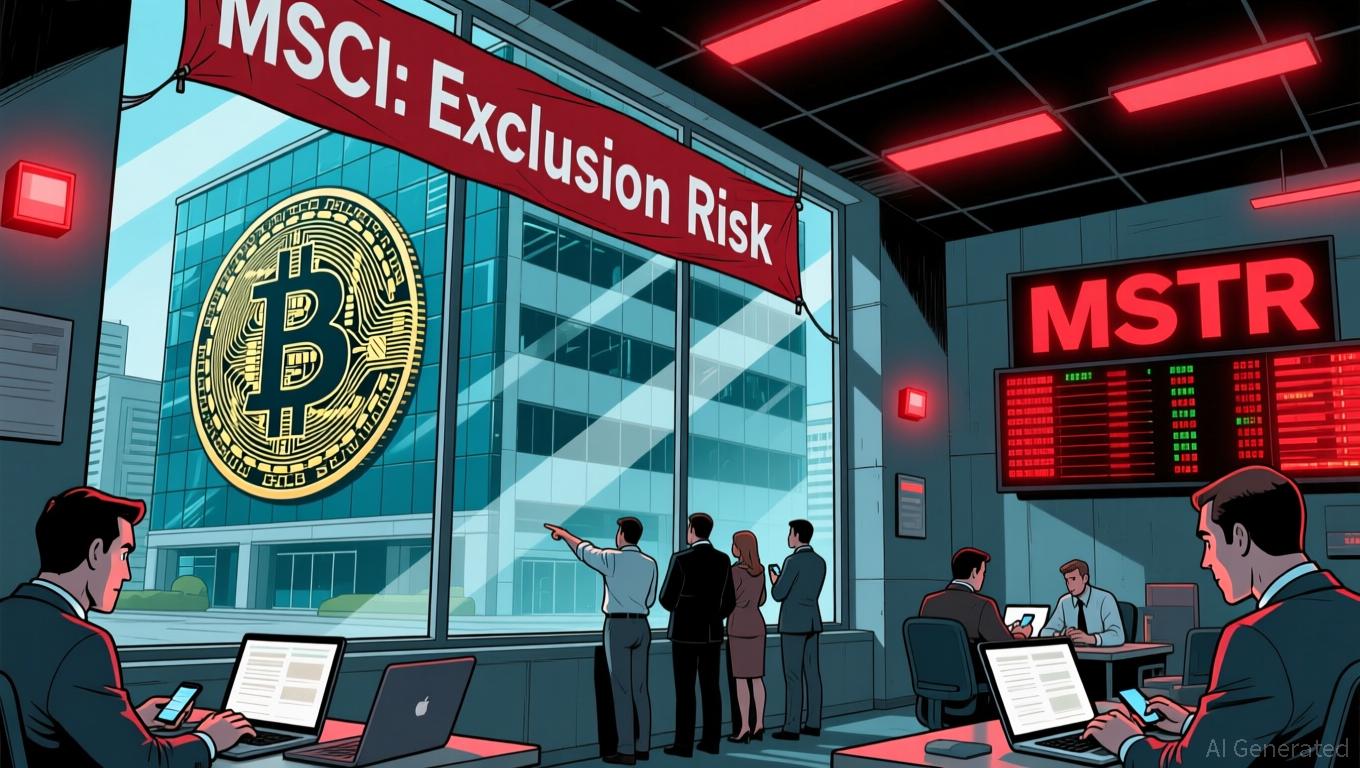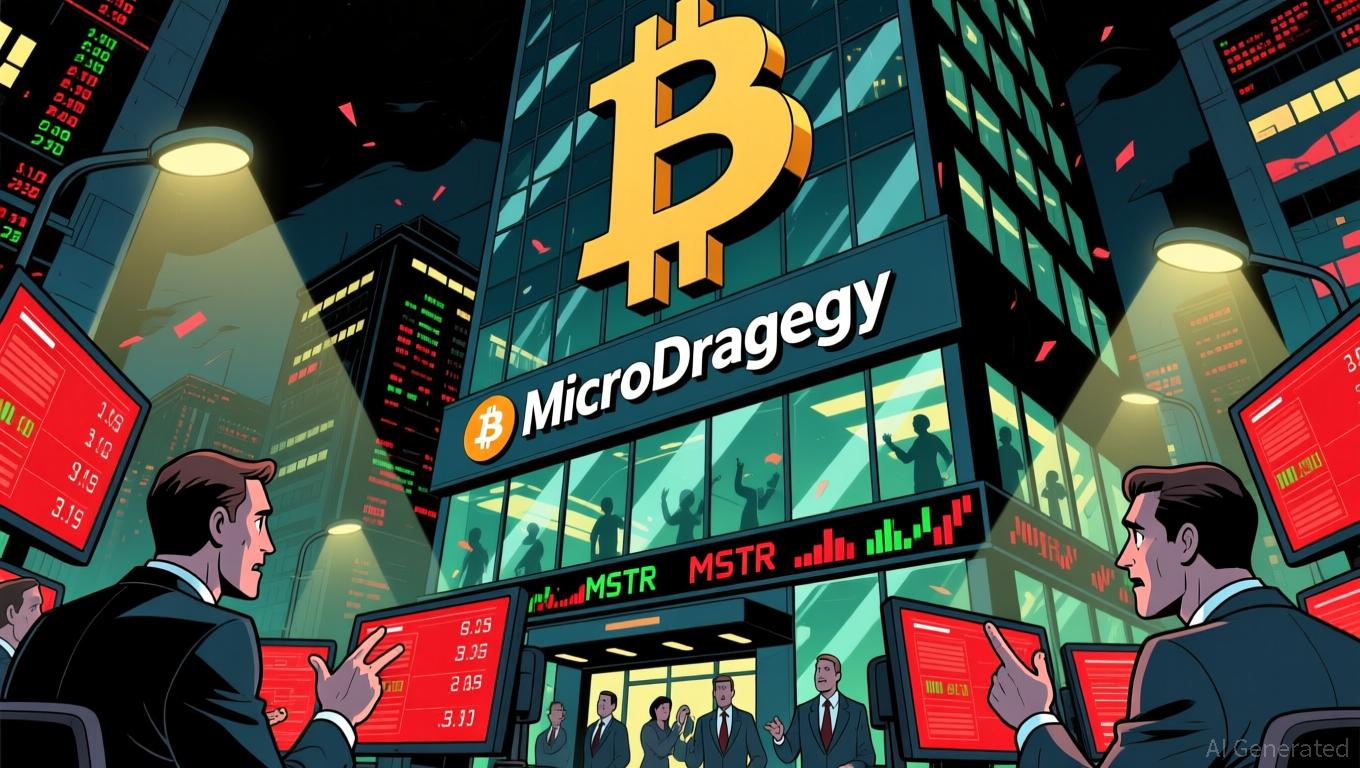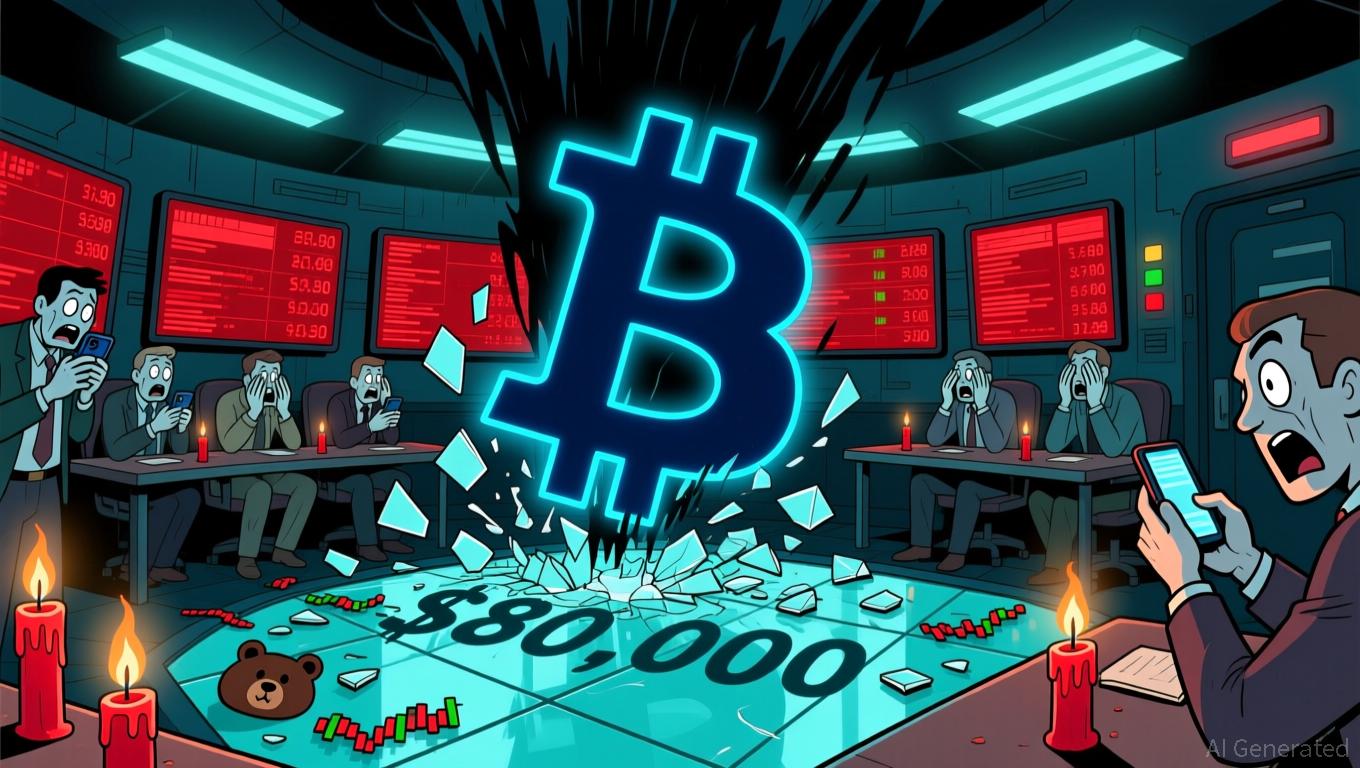Reversible USDC Ignites Discussion: Is It Possible to Balance Security and Decentralization?
- Circle explores reversible USDC transactions, challenging blockchain immutability. - Refund Protocol uses smart contracts for on-chain dispute resolution via programmable escrow. - Cetus Protocol hack highlights urgency for reversibility amid decentralization debates. - Industry adopts TradFi features to balance security and decentralization in stablecoins. - Debate persists over whether centralization measures undermine blockchain's core principles.

Circle, which ranks as the second-largest stablecoin provider, is considering ways to make transactions with its
To tackle this issue, Circle has launched the Refund Protocol, a non-custodial smart contract framework that supports on-chain dispute resolution for USDC transactions. This protocol uses programmable escrow, letting users secure funds in a smart contract until a neutral third party resolves any disputes. If a refund is approved, the funds are sent to the intended recipient; otherwise, merchants can access the funds after a set holding period. The system is designed to replicate the chargeback process found in traditional finance, while still preserving decentralized oversight Circle Introduces Refund Protocol, a Smart Contract System for … [ 3 ].
The necessity for such innovations became clear after the
Circle’s strategy mirrors a wider movement in the industry to incorporate elements of traditional finance (TradFi) to build trust in stablecoins. Tarbert highlighted the importance of allowing "a certain level of reversibility for fraud" as long as all participants consent to the rules. This approach is consistent with Circle’s enterprise-focused projects, such as its Arc blockchain, which uses Fireblocks’ custody and compliance solutions to power large-scale stablecoin operations. Arc is designed to deliver a secure, interoperable platform for cross-chain payments and capital market activities.
Regulators and the market have responded in varied ways to these changes. The U.S. has enacted the GENIUS Act to provide clearer guidelines for stablecoin oversight, while competition in the space remains fierce, with
The introduction of the Refund Protocol and the conversation around reversible transactions highlight the shifting function of stablecoins as a bridge between conventional and digital finance. By confronting threats like fraud and hacks, Circle hopes to encourage broader adoption, all while managing the fine line between technological progress and decentralization. As competition in the stablecoin arena heats up, how the industry balances these opposing demands will be crucial in shaping the digital asset landscape going forward.
Disclaimer: The content of this article solely reflects the author's opinion and does not represent the platform in any capacity. This article is not intended to serve as a reference for making investment decisions.
You may also like
Bitcoin News Update: Removal from Index May Undermine MSTR’s Bitcoin-Based Strategy
- JPMorgan warns MSTR faces $8.8B in forced selling if MSCI excludes it from indices due to 50%+ digital asset threshold. - MSTR's stock dropped 67% since November 2024 peak as its valuation increasingly aligns with Bitcoin holdings (mNAV ~1.1). - CEO Saylor defends MSTR as "Bitcoin-backed enterprise," but critics argue its financial model lacks sustainability outside benchmarks. - Retail backlash against JPMorgan intensified, with figures like Grant Cardone closing accounts amid short-selling allegations.

Bitcoin News Update: MSTR's Business Role Under Scrutiny as MSCI Considers $8.8B Removal
- MSCI's proposed exclusion of MicroStrategy from global indices could trigger up to $8.8B in outflows due to its 50%+ bitcoin asset allocation. - JPMorgan warns the removal would damage MSTR's liquidity and capital-raising ability, with shares down 67% since November 2024. - CEO Michael Saylor defends MSTR's operational identity, rejecting "passive bitcoin fund" claims while adding $835M in crypto holdings. - MSCI's Jan. 15 decision could disrupt index-linked investor exposure to bitcoin, with MSTR shares

Bitcoin News Update: Institutions Acquire Crypto Shares Amid Rising Bearish Bets on Bitcoin
- Bitcoin's $80,000 put options dominate trading with $2B open interest, signaling sharp bearish reversal after its worst monthly drop since 2022. - ETF outflows accelerated declines, with $3.8B November redemptions, while Ark Invest added $38.7M in crypto equities amid market fragmentation. - Analysts warn leveraged losses ($19B in October) and forced liquidations amplify downturn, with Citi noting critical support at $80,000. - Market remains divided: Binance calls pullback "healthy," while Peter Brandt

Hyperliquid News Today: Speculation Drives Meme Coin Rally Despite Regulatory Alerts
- Meme coins surged on Nov 24, 2025, with PIPPIN rising 80% in 2 hours to $0.053 and $53.15M market cap. - BANANA (+20%) and TNSR (+50%) joined the frenzy, reflecting speculative flows shifting to high-risk assets amid Bitcoin stabilization. - Perpetual DEX protocols hit $4.24M daily revenue while Fed rate-cut expectations and token unlocks fueled volatility. - Regulators warned of risks as India exposed an AI-generated deepfake fraud, highlighting sector instability and regulatory scrutiny. - Analysts cau
